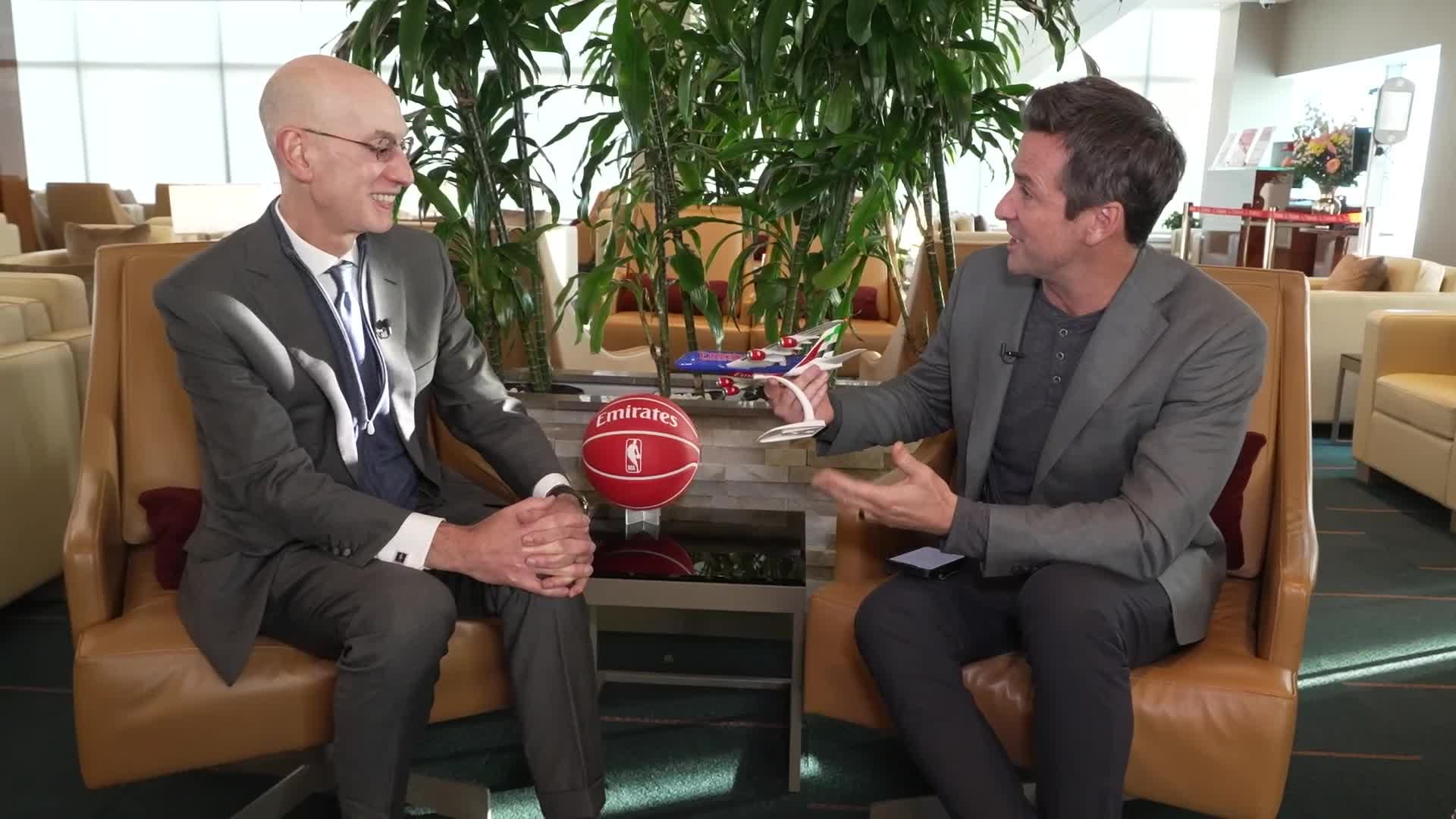The Lincoln Motor Company on Wednesday announced that it plans to release its first all-electric vehicle being built in partnership with the EV startup Rivian.
"Working with Rivian marks a pivotal point for Lincoln as we move toward a future that includes fully electric vehicles," Lincoln President Joy Falotico said in a statement. "Zero emissions, effortless performance, and connected and intuitive technology. It's going to be stunning."
The move from Lincoln, Ford Motor Company's luxury line, is a product of Ford's $500 million investment in Rivian last April, which itself is part of Ford's outsized $11.5 billion investment in electric vehicles and charging infrastructure.
The automaker is working with Rivian to introduce a fully electric version of the F-150 pickup, and last fall unveiled the Mustang Mach-E, a sporty crossover that promises to be Ford's first mass-produced electric vehicle since it discontinued its battery-powered Fusion in 2018.
The moves reflect how Ford ($F), rather than attempting to sell consumers on entirely new vehicles is instead harnessing its marquee brands to drive its electrification push. The Ford F-Series has repeatedly ranked as its best-selling product and the top-selling vehicle in America, and the Ford Transit – another vehicle set to be introduced in an all-electric variety – is one of the most popular utility vans in the world.
"Our vehicle development partnership with Ford is an exciting opportunity to pair our technology with Lincoln's vision for innovation and refinement. We are proud to collaborate on Lincoln's first fully electric vehicle," Rivian CEO RJ Scaringe said in a statement.
Updated to reflect that Lincoln has not revealed the vehicle model to be be built.












